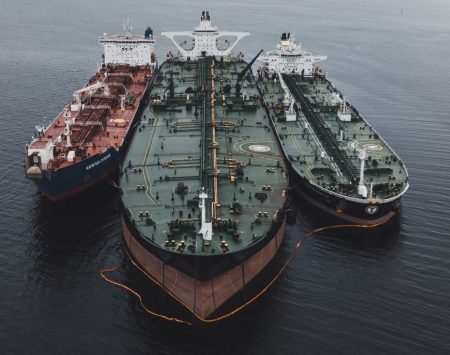On Wednesday, Reuters reported that the Group of Seven (G7) nations is now considering imposing a price cap on Russian sea-borne crude in the range of $65-70 per barrel.
EU leaders met on Wednesday to examine the G7 proposal, hoping to reach a preliminary agreement by the end of the day. It is expected the price cap will go into effect on December 5th, as part of the broader sanctions imposed on Russia by the US, the European Union, and their allies.
An unnamed diplomat told Reuters, “The G7 apparently is looking at a $65-70 per barrel bandwidth.”
Once approved, the price-cap will prevent any Western company from offering insurance, re-insurance, brokering or financial assistance to any ship carrying Russian crude, unless the crude was sold below the agreed-upon price.
The measure is an attempt to curb Russia’s massive profits from energy sales on the global market, without significantly tightening an already tight energy market, and driving prices higher by removing Russian energy supplies from the market completely.
It is hoped that since global shipping and insurance giants that deal with the trade in crude oil are located in Western countries, denying these services will force Moscow to abide by the cap. Leaders note that given Russia’s production costs per barrel of crude are roughly $20, the price-cap was chosen so as to still make the sale of crude profitable for Moscow. It is hoped that will encourage Moscow to abide by the cap and continue to sell its oil, and thus prevent a global energy crunch which would occur if Russia ceased all sales, completely.
Moscow has repeatedly said it will not sell any energy product, to any nation, at a price capped by Western powers.

